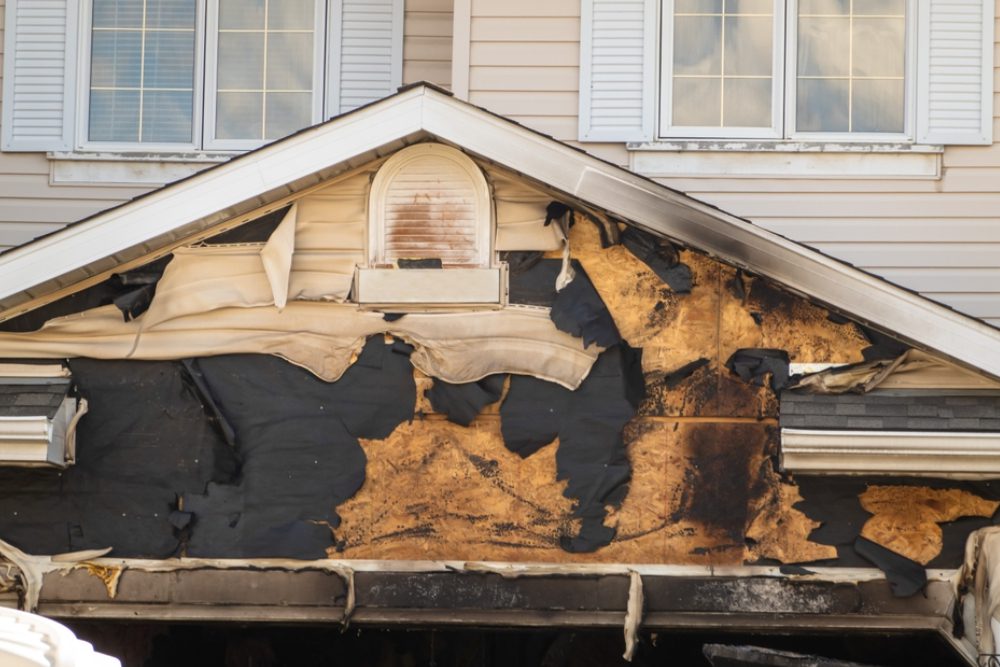
Property damage incidents, often a source of significant stress and financial strain, can range from minor inconveniences to major crises. Understanding these incidents, including their nature and legal implications, is crucial for anyone who may face such challenges. In this blog, we’ll delve into what constitutes a property damage incident and explore various aspects surrounding it, providing insights that can help you navigate these situations more effectively.
Understanding Property Damage Incidents
A property damage incident is an event in which physical harm is inflicted upon someone’s property. This damage can affect various forms of tangible assets, including personal belongings, real estate, and other substantial property. The scope of these incidents can be broadly categorized into several types:
Physical Damage:
- Visible Impairments – This encompasses damage that is immediately noticeable, such as that caused by fire, water, vandalism, and significant wear and tear.
- Structural Damage – In cases like building collapses or infrastructure failures, the structural integrity of a property is compromised.
- Mechanical and Electrical Damage – This includes harm caused to mechanical systems like HVAC or electrical systems due to various factors, including malfunctions or power surges.
Natural Disasters:
- Weather-Related Incidents – This category includes damage caused by natural phenomena such as hurricanes, tornadoes, earthquakes, and floods.
- Geological Events – Earthquakes, landslides, and sinkholes, which can cause substantial damage to properties, fall under this classification.
Negligence or Liability Issues:
- Personal Negligence – Situations where an individual’s action or inaction directly leads to property damage, such as a neighbor’s failure to maintain a tree that falls and damages your property.
- Corporate Negligence – This involves instances where a company’s failure to adhere to safety standards or regulations results in property damage, like a chemical spill from a factory contaminating nearby properties.
- Public Liability – Damage caused by public works or government actions, such as road construction leading to foundational damage in adjacent properties.
Legal and insurance considerations are integral to understanding property damage incidents. When property damage occurs, several legal factors become relevant:
- Liability Determination – Establishing who is legally responsible for the damage, which can involve complex legal analysis, especially in cases of negligence or public liability.
- Insurance Claims – Understanding the specific coverages of property insurance policies is crucial. Policies vary greatly, and the coverage for a particular type of damage can be subject to different conditions and limitations.
- Compensation and Restitution – The process of assessing the extent of damage and determining the corresponding compensation or restitution forms a critical aspect of the aftermath of property damage incidents.
Filing a Property Damage Claim
Navigating the process of filing a property damage claim can be intricate and overwhelming. To ensure a smooth and effective claim process, particularly when dealing with property insurance claim lawyers, several critical steps must be meticulously followed:
1. Document Everything
As soon as the damage occurs, start documenting. Take clear, detailed photos and videos of all the damage from multiple angles and in good lighting to provide a comprehensive view of the extent of the damage.
2. Understand Your Policy
Carefully review your insurance policy to understand what types of damage are covered and any specific exclusions or limitations. Look for clauses that speak to the types of incidents (e.g., natural disasters, vandalism) and types of damage (e.g., structural, personal property) covered.
3. Seek Legal Advice
In scenarios where the damage is substantial, involves questions of liability, or there are concerns about the insurance company’s response, consulting with a property damage attorney is imperative.
4. Filing the Claim
File your claim as soon as possible after the damage occurs. Most policies have time limits within which claims must be filed. When filling out claim forms, be thorough and accurate. Provide all the required information and attach your documentation to substantiate your claim.
5. Post-Claim Process
An insurance adjuster will typically assess the damage. Be present during this assessment to ensure all damage is noted.
If you disagree with the insurance company’s assessment or settlement offer, discuss your options with your Rhode Island property damage lawyer. This may involve dispute resolution processes such as mediation or arbitration.
Mastering the Maze of a Property Damage Incident
Property damage incidents can be overwhelming, but understanding their definition, types, and the legal avenues available can make a significant difference in how effectively you handle them.
Whether it’s dealing with fire damage, water incidents, or mold issues, the right knowledge and the assistance of skilled property damage lawyers from PALUMBO LAW can guide you through these challenging times. Remember, in such scenarios, informed decisions and prompt actions are key. If you find yourself in need of legal assistance, do not hesitate to call us. Your peace of mind and financial stability could depend on it.
